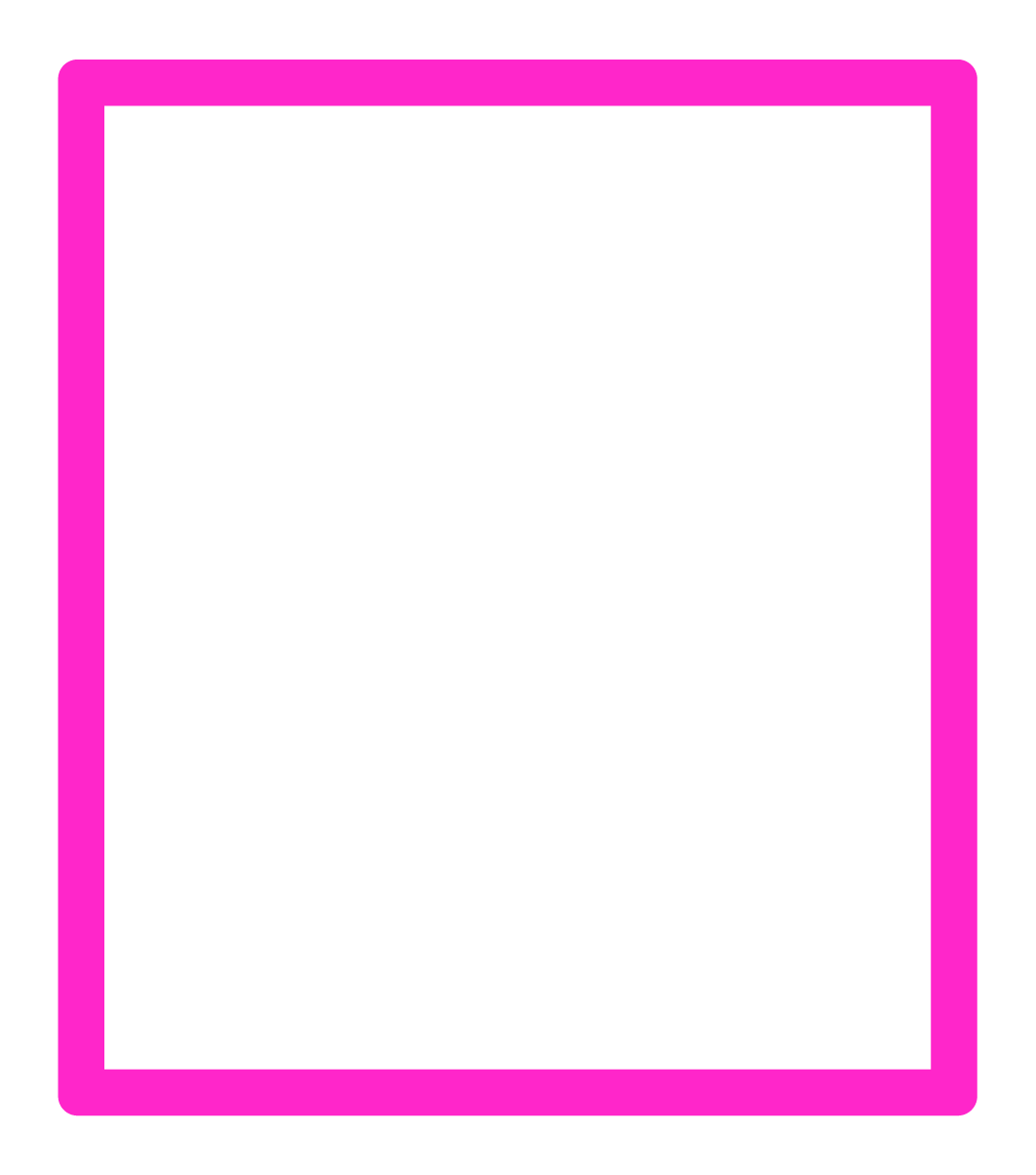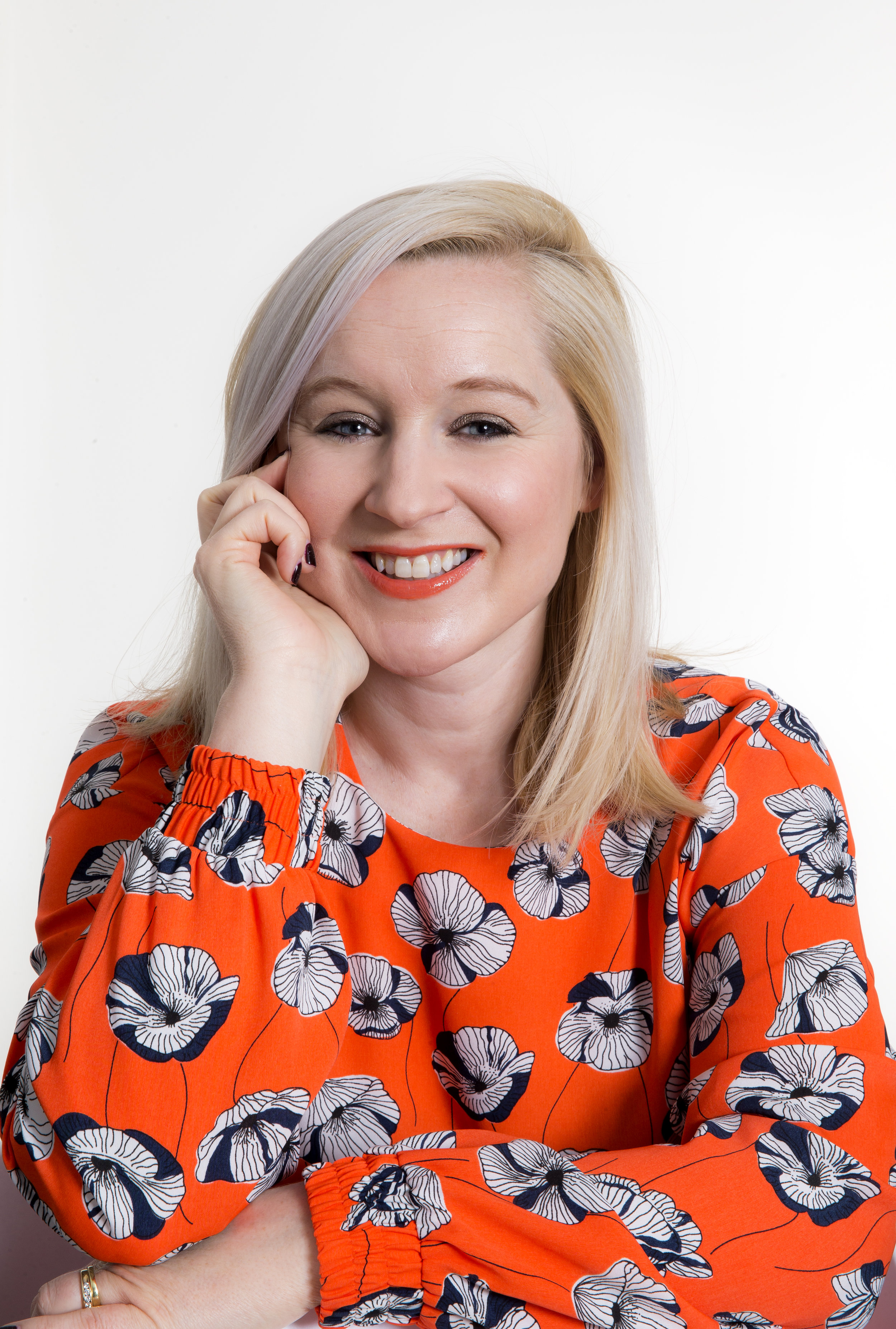Nicola Kemp, Trends Editor at Campaign
Nicola has been leaving a trail of positive impact behind her in setting a new agenda for the magazine. She’s punching age old sexism and gender equality right in the face of the marketing industry. We find out what drives her to push diversity beyond the soundbite.
“I struggle with some of the stories we haven’t been able to tell”
You’ve been covering marketing trends for over a decade. What about the industry keeps your attention?
I’ve always been hugely interested in consumer trends and technology, but for me it would be the people that keep my attention.
As a journalist what do you love and struggle with the most?
I struggle with some of the stories we haven’t been able to tell. And like most parents of young children I struggle with constantly feeling like I am not in the right place at the right time. But I love the opportunity to push for progress when it comes to working cultures in the industry and the opportunity to support and celebrate people doing really brilliant work.
What story are you most proud of?
This piece was important to me in highlighting that motherhood should not create a full stop for women’s careers.
And what is the greatest change in the industry you want to see?
I would like to see more honesty, humility and openness in how the industry addresses its challenges. The culture of NDA’s and workplace bullying must end.
The industry has a big pressure to address equality right now. For example, the IPA just announced it will introduce a code of conduct in the wake of the 'Top Five' email. Do you think the industry is doing enough and what, in your opinion, should help to solve this?
I think the industry could absolutely do more to push the diversity agenda beyond the soundbite and there is certainly an ‘action gap’ amongst certain companies when it comes to driving the diversity and inclusion agenda forward. As a white woman I am also very aware of the importance of intersectionality to true progress.
Sometimes I think there is a desire to ‘draw a line’ under bad behaviour as ‘one bad apple’ without properly addressing the underlying culture which enables this kind of behaviour to thrive. Key to this is creating a culture in which employees feel that they can truly speak up and that they won’t be penalised for it - but we are not there yet.
WPP’s horrendous treatment of Erin Johnson is quite simply shameful. Yet all too often it is the women speaking up, the whistleblowers, that are penalised. As an industry, advertising has a business and moral imperative to change this.
I’m confident that this change is coming, largely through the commitment of brilliant people in the industry pushing for change and the hard word of organisations like NABS and initiatives such as TimeTo. As individuals we also have a responsibility to call out bad behaviour and celebrate those who speak up.
Do you think the media have a responsibility to uncover these stories?
Yes, it is an immense privilege to be a journalist and to have a platform to give others a voice.
Speaking at the Creative Equals conference
You've been demonstrably spearheading the gender equality agenda for Campaign for some time. Have you seen a positive reaction from the male audience as much as the female one?
There was a particularly memorable email in which a (male) reader complained I was trying to turn Campaign into Spare Rib, I keep meaning to frame it and put it in my downstairs loo. But honestly I haven’t seen a big split by gender; there are lots of brilliant men in the industry pushing for change and I don’t think your gender is a barrier to pushing for equality, diversity and inclusivity. Likewise being a woman doesn’t give you a free pass for turning a blind eye to bad behaviour, or worse still appropriating the language of inclusivity and feminism while steadfastly maintaining the status quo.
What do you think has taken so long for us to get to a point where the subject of equality and diversity is gaining a much needed platform?
The fact is that a lot of people in the advertising industry, like many others, have benefited greatly from the status quo, so they have a vested interest in maintaining it. I also see it as part of a broader shift towards transparency in business; we have seen it with the gender pay gap and we are beginning to see the impact of Glassdoor and Fishbowl.
Yet the uncomfortable truth is the marketing director of an agency in which almost every single employee review makes reference to the ‘old boys club for friends’ has no qualms in selling in a story to Campaign about how they are pushing the equality agenda. In this way the idea of change is used as a proxy for tangible change.
“There was a particularly memorable email in which a (male) reader complained I was trying to turn Campaign into Spare Rib. I keep meaning to frame it and put it in my downstairs loo. ”
The rise of #metoo and #timesup has created an important opening in discussion on gender equality but it has also put fear into young women of what they may expect to experience in the working world. What would you say to those wanting to pursue a career in advertising /marketing?
Now is the time to make a difference. There has never been a better time to be a young woman in advertising because it has never been such a business imperative to challenge stereotypes and change business cultures.
What are you reading at the moment?
Silicon States by Lucie Greene and Dogs Don’t Do Ballet by Anna Kemp
Who do you look up to in the industry?
There are too many people to name them all, but Amelia Torode, Helen Calcraft, Ali Hanan, Sulaiman Khan, Robyn Frost, Nat Turton, Dan Shute, Gemma Greaves, Ade Onilude and Jemima Bokaie are always at the top of my list. And of course Cindy Gallop; it is truly incredible what she does behind the scenes; the emails, the support, the encouragement that she gives to women in our industry that have gone through some truly horrific experiences. The industry owes her a huge debt of gratitude.
If you weren't doing this, you'd be....
Pottering around writing books, looking for all the odd socks that have inexplicably gone AWOL in our house and campaigning for flexible working.
Check out what Nicola’s up to at Campaign in pushing the equality agenda forward here and follow here on Twitter @nickykc.



